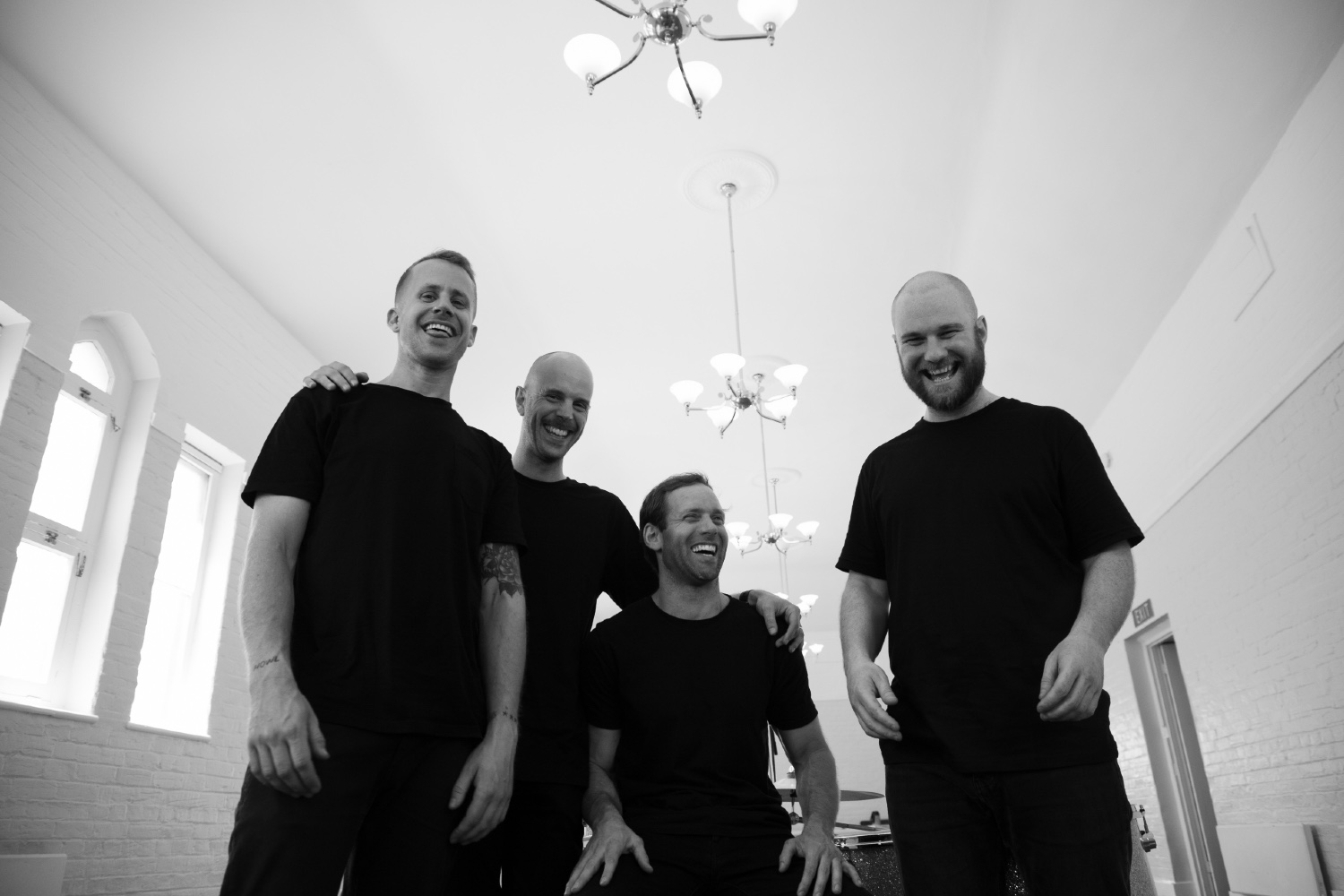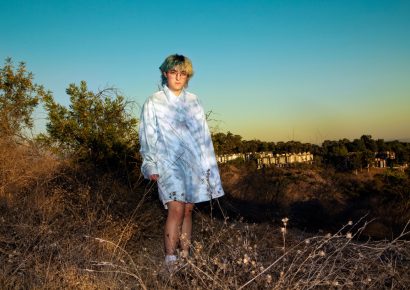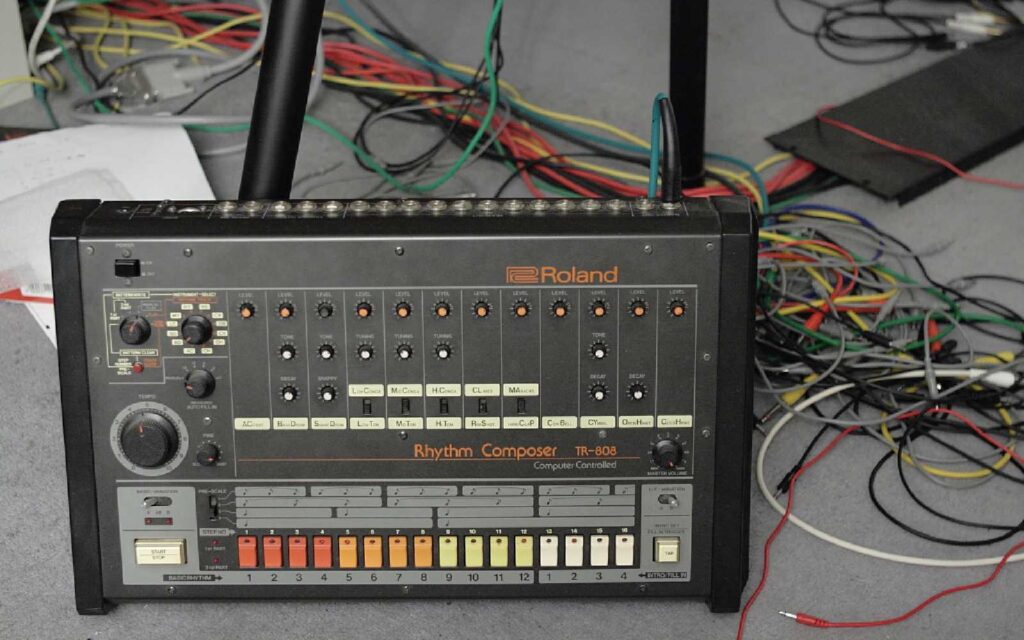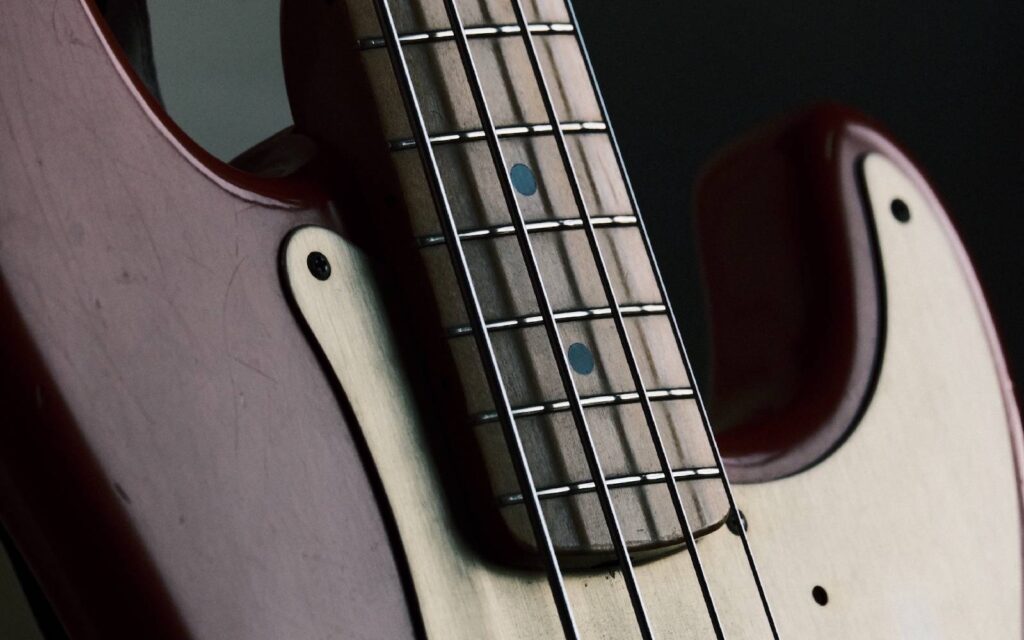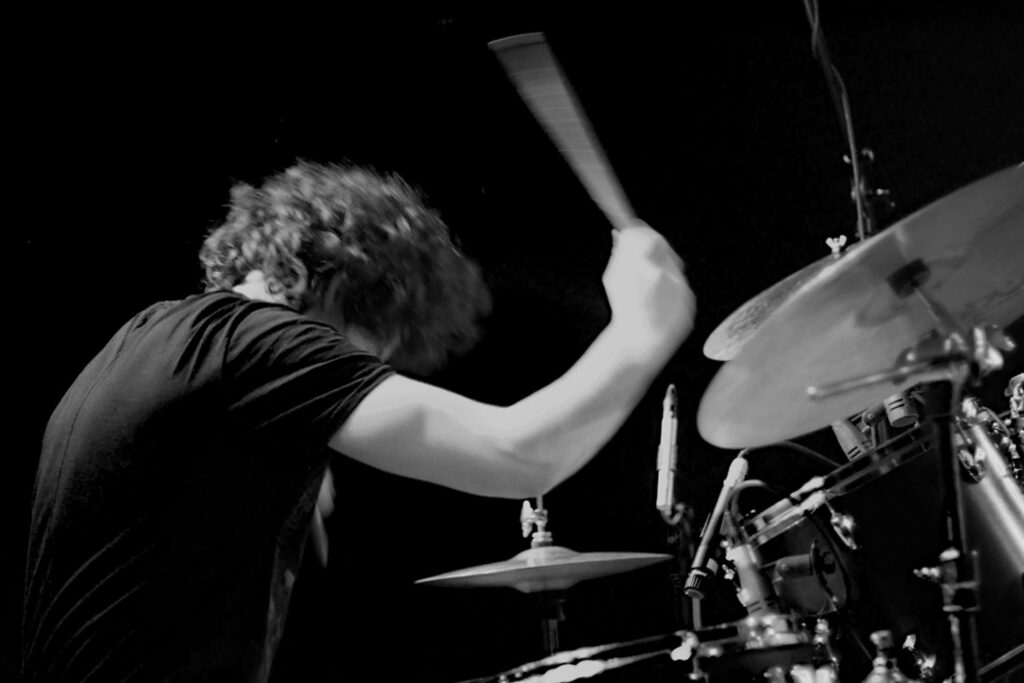The new album Everything Is Tenuous arrives today via Cooking Vinyl Australia.
Luca Brasi are one of the hardest working bands in the Australian music scene – that’s a fact. For over a decade, the Tassie punks have toiled away both on studio and stage to craft some of the most beloved Australian rock records in recent memory, gaining a loyal and ever-growing legion of fans in their wake.
After bunkering down in the studio for their last four full-length efforts, Luca Brasi decided to take a different route for their latest release Everything Is Tenuous, which arrives to streaming services and record stores around the country today.
Perhaps anticipating the work-from-home ‘craze’ that swept the world last year, the band invested in a stack of recording gear in an attempt to take matters into their own hands and track the album on their own accord – an executive decision that certainly paid off for them, if the record’s dynamic compositions are anything to go off.
To find out more about how the band shifted from the confines of a commercial studio to working from home to record Everything Is Tenuous, we picked the brains of Luca Brasi’s guitarist Patrick Marshall for a recount of their home recording experiences, the challenges they faced along the way, and what to expect next from the trailblazing Tasmanians.
Gear We Bought & Used
We purchased some studio gear to enable us to track most of this record at home. For vocals we used an AKG C414 XLS through a Universal Audio Apollo Twin Mk2 Duo, which sounds great in combination for vocals. We were pumped on the quality of sound we could produce in my home.
For guitars, since the last record we have started to play through Line 6 Helix’s for our live setup, and so we took that into the studio with us because we know them so well now. There were few amps that are our favourites, the Matchless and the Soldano for the heavier parts, and all the Fender amps are great for clean tones. It’s amazing how well these units can replicate an actual rig.
For previous records we would have to borrow and hire so many different vintage amps which did sound amazing, but this just makes life so easy, and I really don’t think you can hear the difference on the record.
Drums we tracked with our good friend and front of house engineer Nic White at our rehearsal space. He has a nice selection of drum mics and then lunchbox preamps.
We recorded the sessions in Cubase and provided the entire sessions to our mixer, Andrei Eremin, who added all the sparkle you hear on the finished product.
Pros of Home Recording
Setting up the studio at home just provided us with so much flexibility. For all our previous albums, we have basically locked ourselves in a studio for two weeks and banged out the whole thing at once. To be honest, that is a very tiring and sometimes stressful way to make a record, especially when we all have day jobs and families to deal with at the same time.
This setup meant we could just do bits and pieces whenever we wanted. We would record drums for a couple of tracks at a time, and then Busby and I would work on the guitars, and Tyler would then finish the vocals. It also meant we could get songs completely finished as we went through the process, allowing us to release singles throughout the year instead of waiting for the whole thing to be completed.
It was so much less stressful than previous records, and I think you can probably hear that come through in the performances.
Challenges of Doing It Yourself
One of the challenges was that a lot of this record was recorded during the COVID-19 lockdown. Some of the songs were done almost entirely remotely. That was challenging at times, as we like to get a few heads together usually when working on vocal ideas.
Also, making sure we stuck to deadlines can be a challenge when you are working at your own pace. We had to put together a timeline to make sure we would finish everything in time for pressing. When you book a studio space you have no option but to finish the record, but the way we did it this time you can get caught up trying to perfect a part, that really was probably fine already.
I know for example that Busby spent an awful amount of time recording the guitar solo in ‘Dying To Feel Alive’, because he did that at home on his own. I think if I had been there, we would have pulled the pin much earlier and saved him a lot of headaches.
Lessons Learned Along The Way
I’d love to record all our records at home in the future. It just fits in with our lives so much better and we can finish songs as we write them, not all at once.
As I mentioned, I think setting those time lines is really important.
Andrei, our mixer, was also so helpful for us. I would bounce technical questions to him and he would happily answer. He also gave us feedback on the sessions we gave him on what could be done better for next time, for example tones and performances. That meant by the end of the record, the tracks we were producing were of a much higher quality than the first couple we tried. I think it’s really important to have someone you trust to bounce those ideas off and get that feedback.
View this post on Instagram
Everything Is Tenuous is out now via Cooking Vinyl Australia.
Never miss an update – sign up to our newsletter for all the latest news, reviews, features and giveaways.
